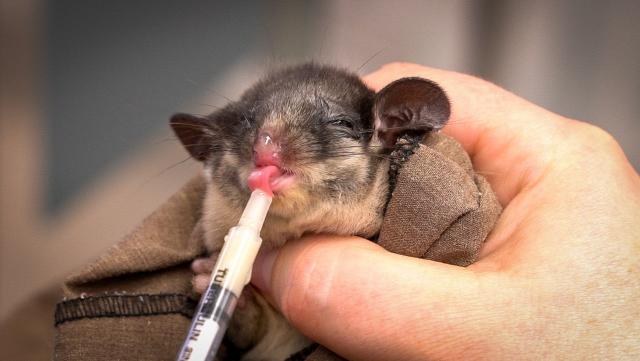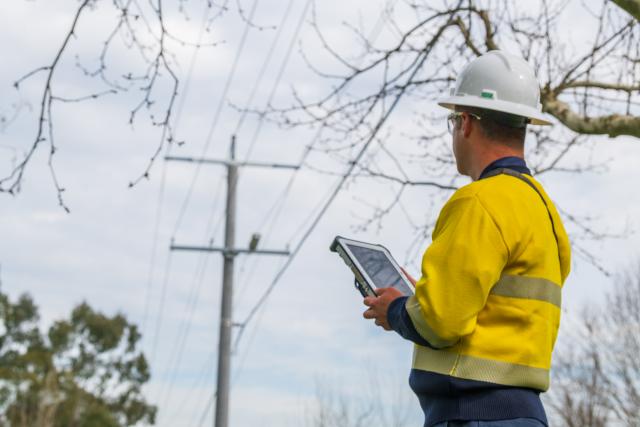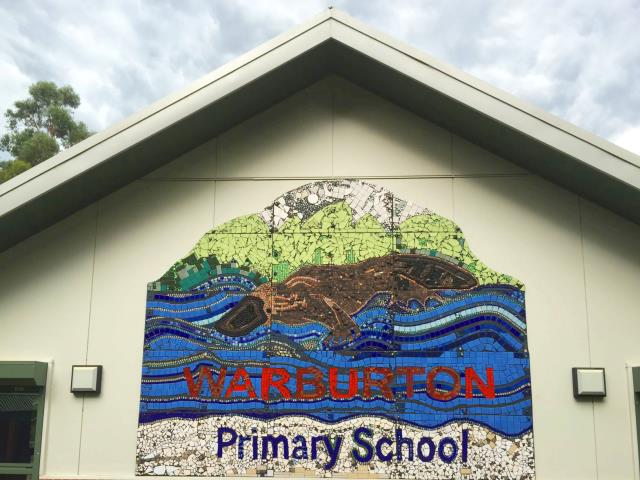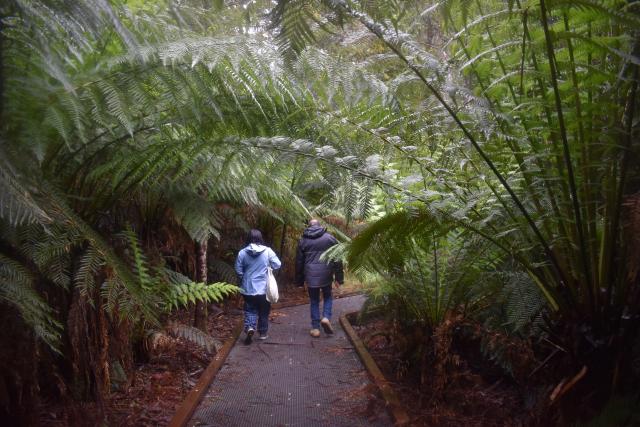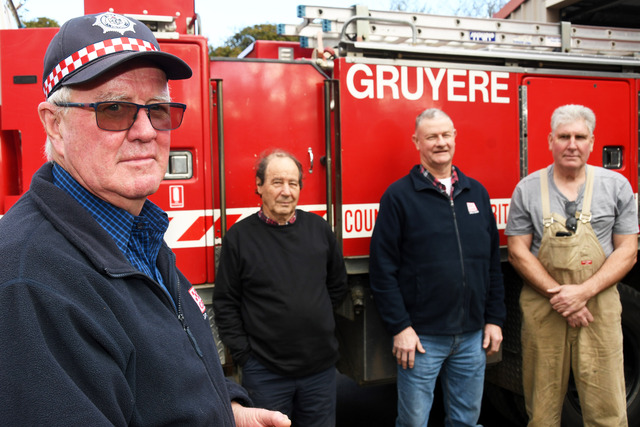There has been a breakthrough for the Highland Leadbeater’s Possum, following the birth of two joeys which has created hope for the critical endangered Victorian faunal emblem.
The breeding program at the Healesville Sanctuary has recently welcomed the arrival, a decade after the program restarted and more than 20 years since the animal has been born in captivity.
Friends of Leadbeater’s Possum President Steve Meacher and secretary were invited to the first health check of the first arrival, which was discovered to be a female.
“It was a privilege to be invited to go down… that was very special and to see her being checked to find that she was a female was really good because obviously, it’s great to have a female from the point of view of future breeding,” Mr Meacher said.
It’s believed the first female was born in late December but due to the sizing of the animals, it can be difficult to know of a pregnancy until the joey grows.
The second was a male who was born more recently to another couple, bringing great optimism for the future of the species.
The births comes after diet and husbandry were changes, which are believed to be the key to unlocking the reproduction.
Increased fibre and essential vitamins and minerals have been implemented in the possums’ honey based nectar diet, seeing positive changes to the possums’ gut microbiome and reproductive health, with sperm production increasing.
Zoos Victoria Life Sciences Manager Conservation and Research, Monika Zabinskas said it’s brought hope for future conservation efforts.
“This breeding success with Highlands Leadbeater’s Possums has shown us that the dietary and husbandry changes we have made are working and gives us hope that we could breed Lowlands Leadbeater’s in the future,” Ms Zabinskas said.
The newborns in the Highland Leadbeater’s Possums, which are native to Mountain Ash Forests, could see breeding success for the Lowland Leadbeater’s Possums who are genetically different and live in swamp like habitat in Yellingbo.
The Lowland species currently have fewer than 30 in the wild and the numbers have been dropping for several years.
Habitat changes have affected the animal due to land owners looking to control seasonal flooding to protect farm land, which then saw natural flooding decline in some areas which the animal relies on.
As the population has been in declined, the genetic pool has shrunk in the wild seeing natural breeding affected by health and reproduction issues.
“The population is not large enough to have enough genetic diversity to really remain viable, so there are a number of problems with that lowland population,” he said.
“We really hope that they can be resolved, so that it can be brought back up to the numbers that we were seeing 10 years ago.”
The Highland species is also of critical concern with numbers in the low thousands suspected to be in the wild.
Habitat destruction again another factor, with the decay of 1939 fire damaged hollow bearing trees and continual logging.
There’s currently a 200m buffer set for logging to cease if a Leadbeater is spotted, however, Mr Meacher said it’s helpful but not scientifically correct and a 1000m buffer was recommended by the scientific advisory group in 2013-2014.
“That is really a minimal protection… these animals when they’re seen at night, they’re obviously out of their nest, in the forest foraging for food and they may be more than 200 meters away from their nest site.”
Now there has been a breeding achievement, this will provide insurance for what’s to come of this species which is at threat of being extinct.
“If there is a catastrophe in the wild population, you want to know that they’re there so that’s why it’s significant to have success with breeding of Highland animals in captivity.”
The State Government has provided $2 million to the Faunal Emblems Program and since 2018, almost $4 million in funding has gone to improving the long-term sustainability of both emblem species in the Helmeted Honeyeater and the Leadbeater’s Possum.
“We’re excited to welcome these two precious possums and to see the success of our ongoing investment into our state’s faunal emblem and the unique biodiversity of Victoria,” Environment Minister Lily D’Ambrosio said.

